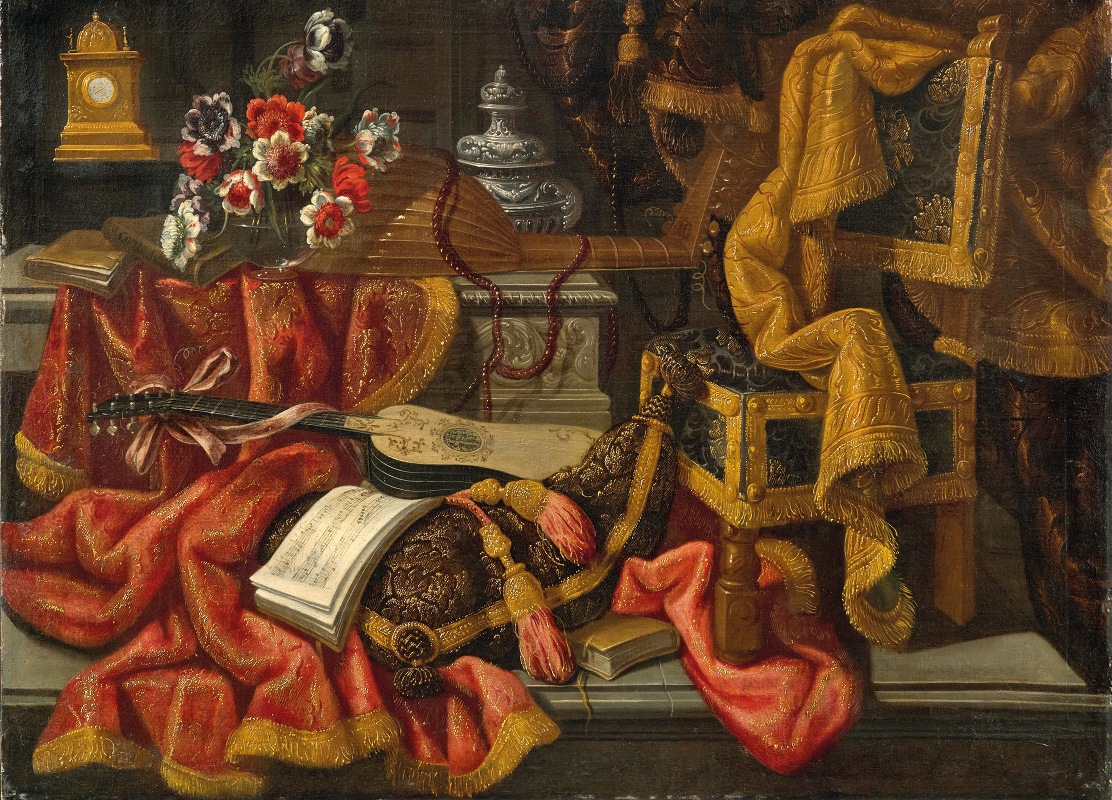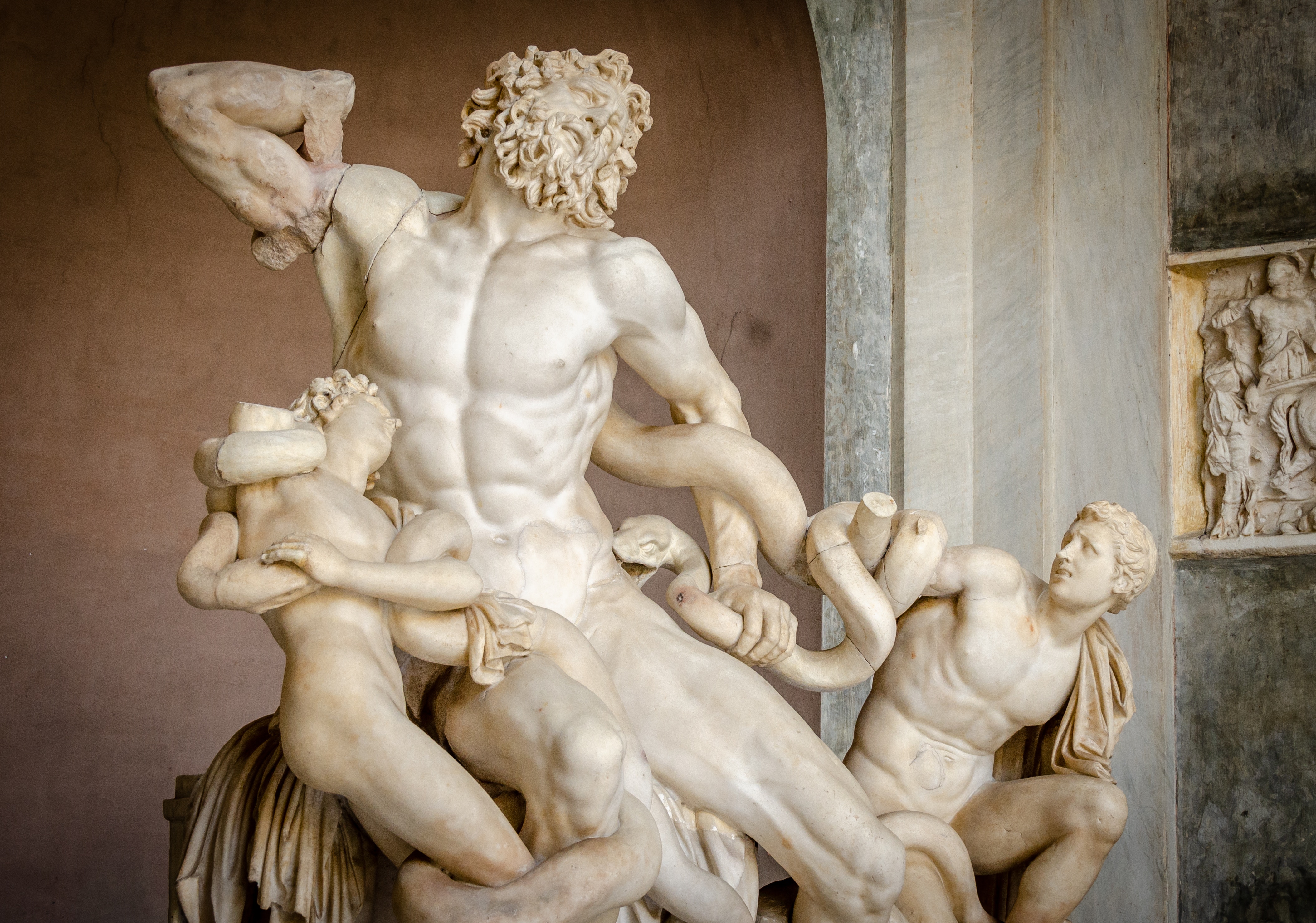Recently, I came across a discussion pitting two quotes on idleness against one another. The first:
“Idleness is only the refuge of weak minds,” from the fourth Earl of Chesterfield, and the second,
“He who will not give himself leisure to be thirsty can never find the true pleasure of drinking,” from Michel de Montaigne.
These quotes characterize the more common attitudes toward leisure, and while one is more useful than the other, they each have a grain of truth, which we’ll discuss. I’ll start by defining what we mean by idleness and leisure, discuss the merits of both quotes, and conclude with which perspective is less wrong.
A Classical Definition of Leisure
Our modern world misunderstands leisure and idleness as a lack of movement, a total cessation of activity, time on our hands. We sit down in front of the television at the end of the day expecting to be entertained; for most, this is the epitome of leisure, time simply spent not working. We Americans are especially prone to gauge time according its quantity or dollar value. These are inadequate and shortsighted views of leisure, not to mention, life itself. Life is more than work and non-working hours; there is more to aspire to than working less and being entertained more. The quality of your time depends on the intention you put into it. From the very beginnings of civilization, humans have sought out the best way to live well. This is an ancient concern and fittingly, the ancient concept of leisure has an answer. To truly understand the purpose of leisure, we need to look where the concept originated, ancient Greece.
The Greeks, who valued and embodied moderation, understood play and work as two sides of the same coin. Aristotle is quoted as saying, “Play in order that you may work.” Leisure was a valued part of life, because it informed all other areas of life. Leisure made them better parents, involved citizens, and more compassionate adults. The Greeks prized leisure because it made life fuller and more enjoyable. They took leisure in the form of reading, athletic competition, the theater, playing or listening to music, and gardening. Leisure was an active, not passive, time of enrichment. The Greeks would not consider non-working hours to be a default form of leisure.
A more recent misunderstanding of leisure frames idle time as important primarily for the value it can add to your productivity at work. While leisure benefits all aspects of life, focusing on leisure as a productivity hack misses the point. Leisure is about constructing a fulfilling and balanced life. It’s the yin to the yang of work; we need both. It’s the strawberry jelly to the peanut butter of work; each is pleasant alone, but they are greater than the sum of their parts when fused together. Leisure is about living a complete life – it’s poetry, enjoying your time in the great outdoors, reading a classic novel, the small things which are actually the big things – and enriching your mind removed from the rigors of academic or professional performance. Leisure is how we become better people. It’s reflecting on where we’ve been, what we are currently doing, and where we’d like to go.
The Refuge of Weak Minds?
Somewhat ironically, though the Earl is a member of the leisure class, he appears to have not experienced true leisure. As a result, he can not grasp its utility and necessity. There are a few ways to interpret the Earl’s words, so let’s address each in turn. Challenging work is certainly a part of a meaningful life, but is not the entire story. If by idleness, the Earl means doing nothing as time ticks away, even sitting and pausing to do “nothing” has value. Even when we are idle, our brains are not turned off. Research from Mary Helen Immordino-Yang at the University of Southern California and her co-authors shows, “When we are resting the brain is anything but idle and that, far from being purposeless or unproductive, downtime is in fact essential to mental processes that affirm our identities, develop our understanding of human behavior and instill an internal code of ethics—processes that depend on the default mode network (DMN). Downtime is an opportunity for the brain to make sense of what it has recently learned, to surface fundamental unresolved tensions in our lives and to swivel its powers of reflection away from the external world toward itself.” Many of histories greatest breakthroughs – the discovery of penicillin, the electric light – have come during times of idleness and leisure. Idle downtime is essential for learning and reflection, while time for thinking is obviously vital to good decision making.
Neither is leisure a refuge for the weak. We wouldn’t consider a sprinter weak for not maintaining their speedy pace for a marathon. We wouldn’t consider a power-lifter weak for not shuffling around tons of weight all day. Why then, would we consider people weak for not sustaining heavy professional workloads indefinitely? There are two primary roots to this mistaken viewpoint in America, which are beyond exploring here: they are the misunderstanding of and hesitancy to explore mental health and the Puritanical notion that one should be busy at work at all times, except Sundays. We’ve made enough progress in the mental health space to know taking time away from work has nothing to do with toughness; it’s actually a key part of keeping us happy and healthy. As a culture, we are also increasingly realizing that hours logged and dollars earned are not the only or best ways to evaluate worth. The attitude that time off is only for the weak is baseless bravado, often leading to destructive patterns. Running yourself into the ground for marginal, temporary gains is not a badge of honor. Taking time off – and enjoying it – is not weakness, moral or otherwise. There is a more useful way to view idleness.
If by idleness the Earl means we all need to be occupied in some rewarding venture, however, his argument is less wrong. Humans are sophisticated creatures, requiring mental enrichment and fulfillment. Too much time on our hands is a calamity, as Styx lamented. Our minds are sharpest when we are occupied. We need things to do. This is why passively watching hours of sitcoms or scrolling social media isn’t the same as writing for twenty minutes, or going for a walk, or even having a conversation. In this interpretation, the Earl’s quote rings true; we need meaningful projects to occupy our minds, whether they are professional or not.
Montaigne’s Metaphor
Taking Montaigne’s quote at face value, one does not have to deprive himself of drinking to appreciate water. However, digging a little deeper, we uncover the truth in his metaphor. More often than not, making sure to drink water regularly across the day regardless of how thirsty you feel is more helpful, which can be applied to leisure. This is what Montaigne is referring to; not a constant glug to the exclusion of all else, but focusing on your work, then pausing for leisure; back to work, then leisure, at regular intervals. Working in focused bursts accomplishes more in less time with less strain. Just as our sprinter must have time to recover from exertion, the same runner can cover more ground faster by running shorter distances alternating with a timed rest interval. Interval training works physically by bringing focus and intensity to our work. The same applies to our mental focus. Our leisure time sharpens our minds, not just for work, but for deeper reflection and wiser decisions across all domains of life. Leisure is like sleep; you don’t realize how desperately you need it until you fully immerse yourself in it. Getting a full night’s sleep refreshes every system in your body, just like leisure improves every area of your life.
Humans work best in intervals; bursts of intense focus, followed by recovery periods of less intensity. There is more to life than working as many hours or making as much money as possible. Instead of only looking at the next few weeks or months, zoom out to consider the overall path you want your life to take. What kind of person do you want to be, and how would that person live day to day? What are that person’s habits? Montaigne’s quote hints at the optimal work-leisure balance and represents the less wrong and more useful perspective.
Image: “A clock, a vase of flowers, a lute, a guitar, a sheet of music, a chair, and drapes” by Antonio Tibaldi.




